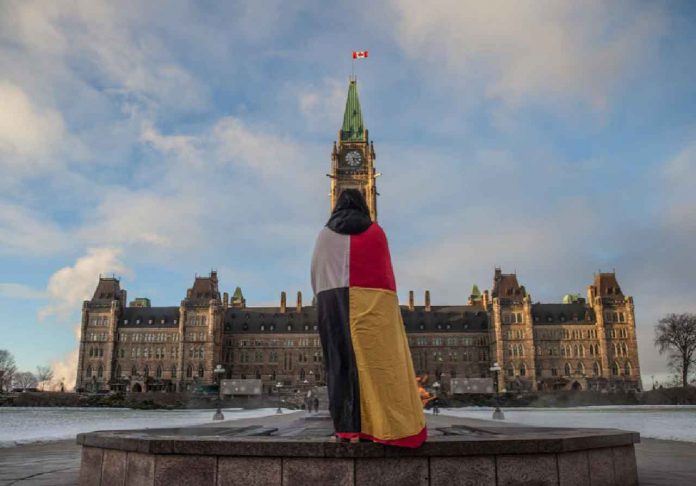Toronto, ON – The imagineNATIVE Film + Media Arts Festival, the world’s largest presenter of Indigenous screen content, is gearing up for its 25th anniversary edition in June 2025. The festival is now accepting film submissions through February 7th, 2025, via Film Freeway.
As it celebrates this milestone, imagineNATIVE is encouraging Indigenous filmmakers to submit groundbreaking works that push boundaries and challenge conventional narratives. The festival’s Programming Selection Committee, composed of esteemed Indigenous film professionals from around the globe, is eager to showcase innovative stories and fresh perspectives.
Programmers Seek Bold and Innovative Indigenous Films
The committee members have expressed their excitement for this year’s submissions, emphasizing the importance of originality and pushing the boundaries of Indigenous storytelling:
- Kelly Boutsalis (Six Nations of the Grand River): “I’m hoping to see new ideas, approaches, and stories that haven’t been captured on film before.”
- Adam Piron (Kiowa Tribe of Oklahoma and Mohawk): “It’s an exciting era and we’re witnessing multiple Indigenous Cinemas creating themselves in real time. It’s my hope that we’ll see more of that work showcased in this year’s edition of imagineNATIVE that is both for and by Indigenous audiences, while also reaching a global stage.”
- Pauline Clague (Yaegl Nation, Australia): “It is an honour to come back and work for one of the great Indigenous festivals that has helped to lift our voices onto the screen and to a growing audience.”
The festival also welcomes submissions in the Digital + Interactive category, with programmers Maize Longboat (Kanien’kehá:ka) and Taylor McArthur (Nakoda) seeking innovative and thought-provoking works that utilize technology to tell compelling Indigenous stories.
About imagineNATIVE
imagineNATIVE is a registered charity dedicated to showcasing Indigenous-made media art, including film, video, audio, and digital media. The festival plays a vital role in promoting Indigenous voices and perspectives, fostering a greater understanding of Indigenous cultures through the power of storytelling.







